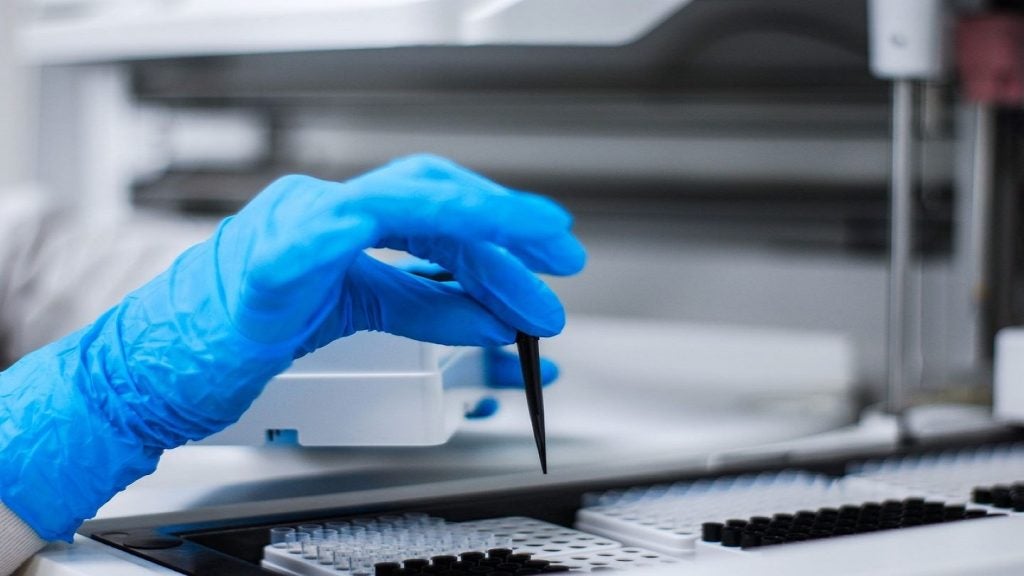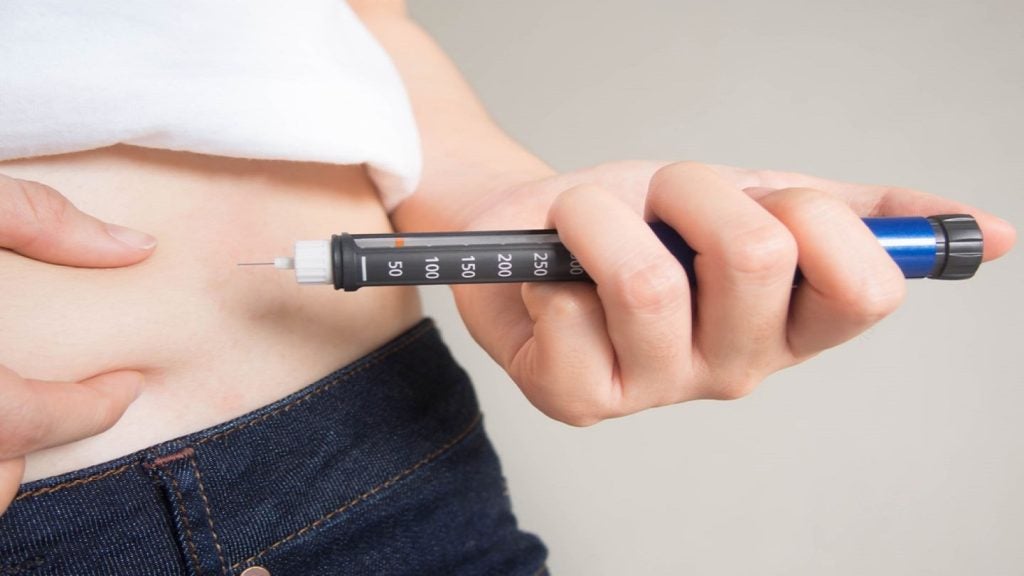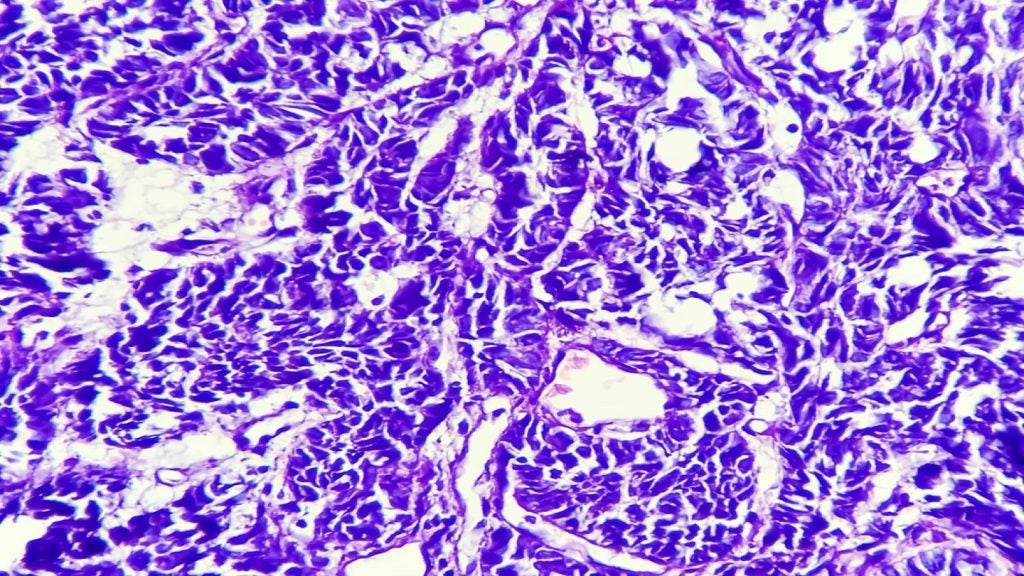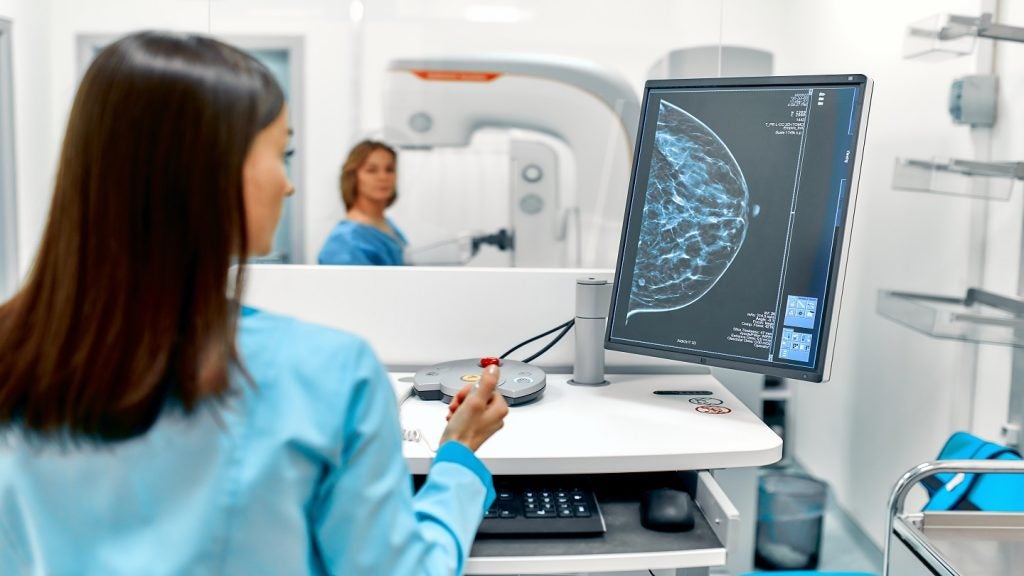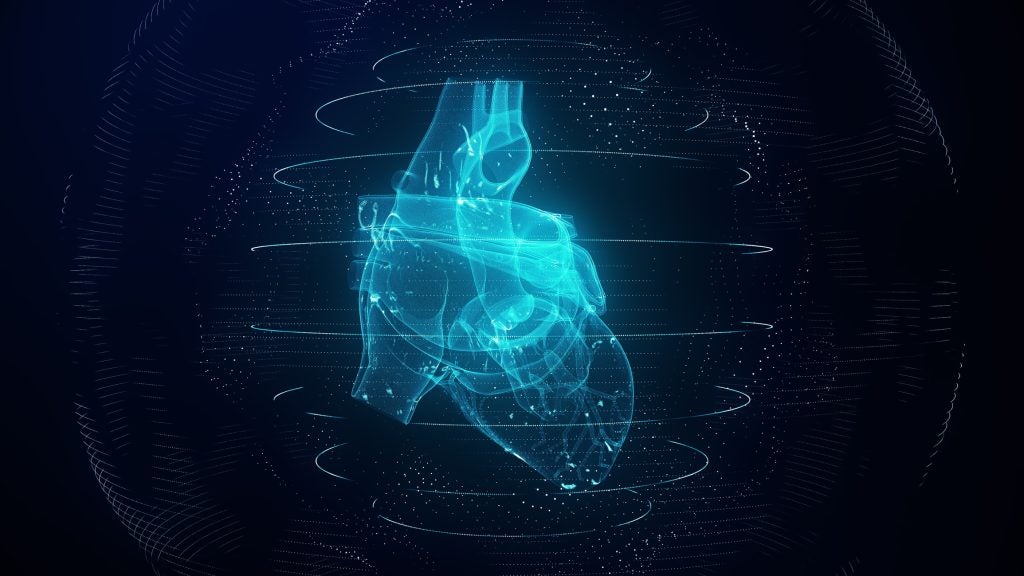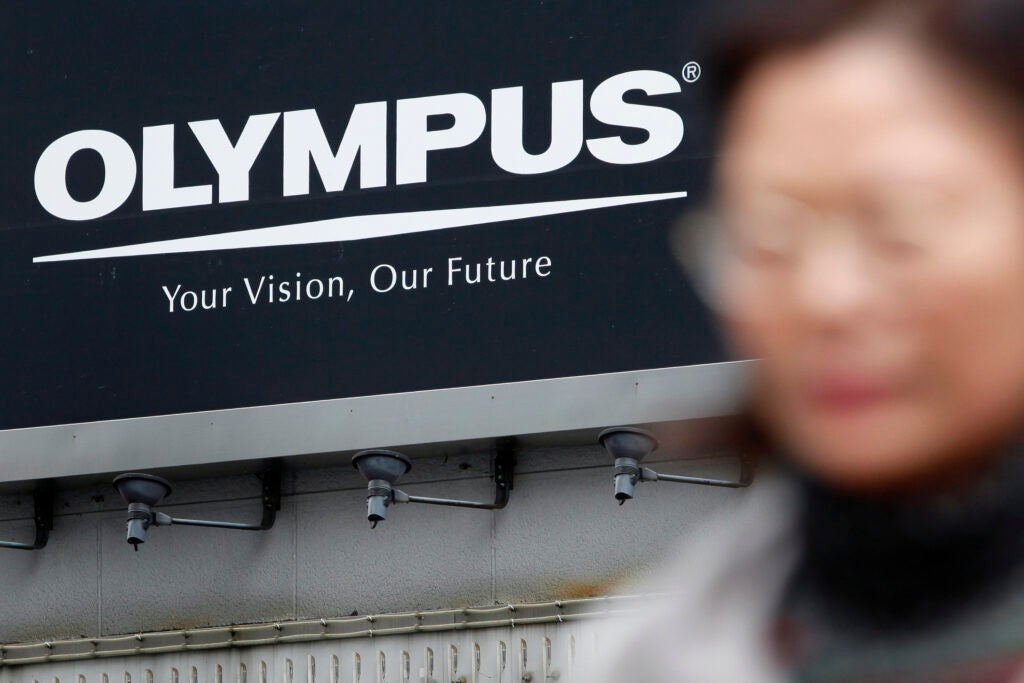Foundation Medicine has reached a strategic collaboration agreement with drugmaker Merck KGaA (Merck) for the development of companion diagnostics for selected marketed and pipeline treatments in the US.
The partnership will develop FoundationOneLiquid CDx and FoundationOneCDx as companion diagnostics for targeted treatments.
The new agreement is based on the data solutions partnership between the two corporations in 2020 to develop novel targeted therapies, individually and in combination.
Once the companion diagnostic indications receive approval, oncologists will have the option to utilise FoundationOne CDx or FoundationOne Liquid CDx, depending on tissue availability.
These diagnostic tools will enable the identification of patients with specific genomic alterations, which are expected to make them eligible for specific-targeted therapy.
Foundation Medicine biopharma enterprise partnerships vice-president Jason Adams said: “We’re proud to announce this new phase of our partnership with Merck KGaA, Darmstadt, Germany, and continue building on our shared commitment to advance personalised treatment options for patients.
“We look forward to ongoing collaboration as they leverage our portfolio of end-to-end solutions to generate meaningful evidence, help optimise therapy development and deliver companion diagnostic solutions using our tissue and liquid comprehensive genomic profiling tests.”
FoundationOne CDx is a next-generation sequencing-based in vitro diagnostic device designed to treat advanced cancer patients with solid tumours.
It uses high-throughput capture technology to identify substitutions, insertion and deletion alterations, as well as copy number alterations in 324 genes and select gene rearrangements.
Using DNA isolated from formalin-fixed, paraffin-embedded tumour tissue specimens, the device also helps in detecting genomic signatures such as microsatellite instability and tumour mutational burden.
Restricted to prescription use only, FoundationOne Liquid CDx qualitative next-generation sequencing-based in vitro diagnostic test leverages targeted high-throughput hybridisation-based capture technology to analyse 324 genes.
It identifies genes using circulating cell-free DNA isolated from whole blood plasma, also called liquid biopsy specimens, derived from anti-coagulated peripheral whole blood of patients with advanced cancer.


